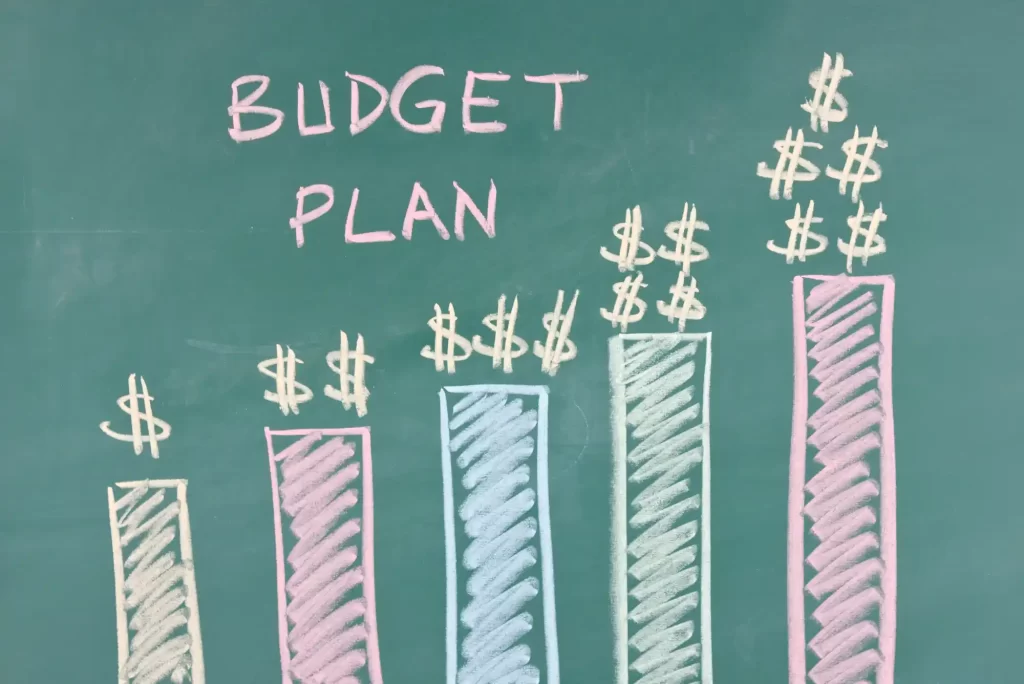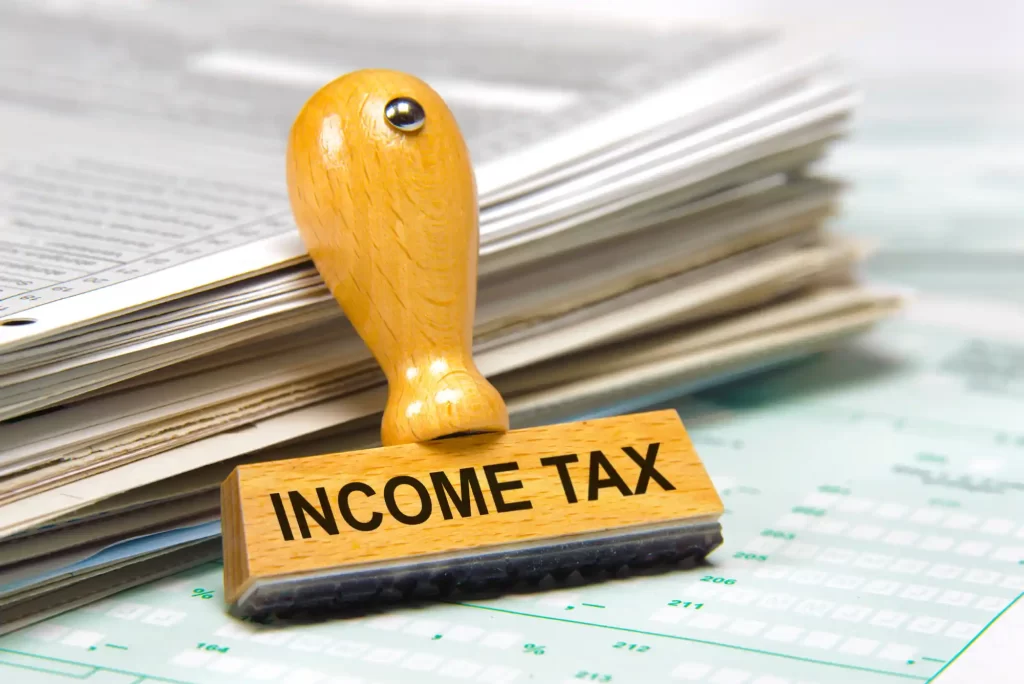Singaporeans' Common Questions (Part 1)
In the bustling city-state of Singapore, financial stability is a goal many strive for. Yet, amidst the hustle and bustle, many Singaporeans find themselves grappling with pressing financial questions. From emergency funds to the age-old debate of renting versus buying, the path to financial security seems riddled with uncertainty.
Discussion
Singapore’s rapid economic growth and high living standards come with their own set of challenges. The cost of living continues to rise, and with it, the financial concerns of its citizens. Some of the most pressing questions include:

Are you under-insured or over-insured?
Insurance is a crucial component of financial planning. It’s designed to provide a safety net against unforeseen circumstances, such as medical emergencies, accidents, or death. Being under-insured means you might not have enough coverage to handle these situations, leaving you or your family financially vulnerable. On the other hand, being over-insured means you’re paying premiums for coverage you don’t need, which can strain your finances.
What should you do?
Conduct an annual insurance review. Assess your current life stage, financial obligations, and future goals. Adjust your coverage based on these factors. If you’re unsure, consult with a trusted insurance advisor to get a comprehensive understanding of your needs.
Is your money working hard enough?
Simply saving money in a bank account might not yield significant returns due to low-interest rates. Investing your savings can potentially offer higher returns. Investments can range from low-risk options like government bonds to higher-risk options like stocks or real estate.

What should you do?
Diversify your investment portfolio. Consider a mix of assets like stocks, bonds, real estate, and other investment vehicles. Regularly monitor and rebalance your portfolio based on market conditions and your risk tolerance. If you’re new to investing, consider starting with a robo-advisor or mutual funds.

Do you know how much you can get from your CPF?
The Central Provident Fund (CPF) is a mandatory savings scheme for Singaporeans. It’s designed to provide financial security during retirement. The amount you receive from CPF depends on your contributions over the years.
What should you do?
- Regularly check your CPF statement to monitor your contributions and balances. Familiarize yourself with the latest CPF schemes and initiatives. Use the CPF Board’s online calculators to estimate your future payouts.
Do you know how much you need to retire comfortably?
Determining the amount needed for a comfortable retirement requires considering various factors, including desired lifestyle, expected medical expenses, and inflation. While CPF provides a basic retirement sum, it might not be sufficient for all your needs.

What should you do?
- Create a retirement budget, factoring in expected expenses and potential income sources. Consider inflation and unexpected medical costs. Aim to save and invest enough to cover this budget. Tools like retirement calculators can help you estimate the amount you need.

Are you paying too much interest for your loan?
Loans, especially housing loans, are significant financial commitments. Different loan packages offer varying interest rates and structures.
What should you do?
Regularly review your loan terms. If you find better interest rates elsewhere, consider refinancing. Before refinancing, ensure you understand any penalties or fees associated with breaking your current loan agreement.

Are you paying too much tax?
While taxes are mandatory, there are legal avenues to reduce tax liabilities. For instance, contributing to the Supplementary Retirement Scheme (SRS) can reduce your taxable income.
What should you do?
Familiarise yourself with available tax reliefs, deductions, and schemes like the Supplementary Retirement Scheme (SRS). Contribute to tax-saving schemes where applicable. Consider consulting a tax advisor to optimise your tax strategy.

Are you ready to buy a big ticket item?
Big-ticket items, such as property, cars, or even planning for a child, require significant financial outlay. Before making such decisions,
What should you do?
Before making a significant purchase, assess your financial health. Ensure you have an emergency fund in place. For items like property or cars, consider the long-term financial implications, including maintenance costs, taxes, and potential depreciation. Save and invest in anticipation of these purchases, so you’re not caught off guard by the financial outlay.
Engage in continuous financial education. Stay updated with the latest financial news, tools, and best practices. Consider working with a financial planner or advisor to get personalised advice tailored to your unique situation and goals. They can provide insights, strategies, and solutions that align with your financial objectives.






